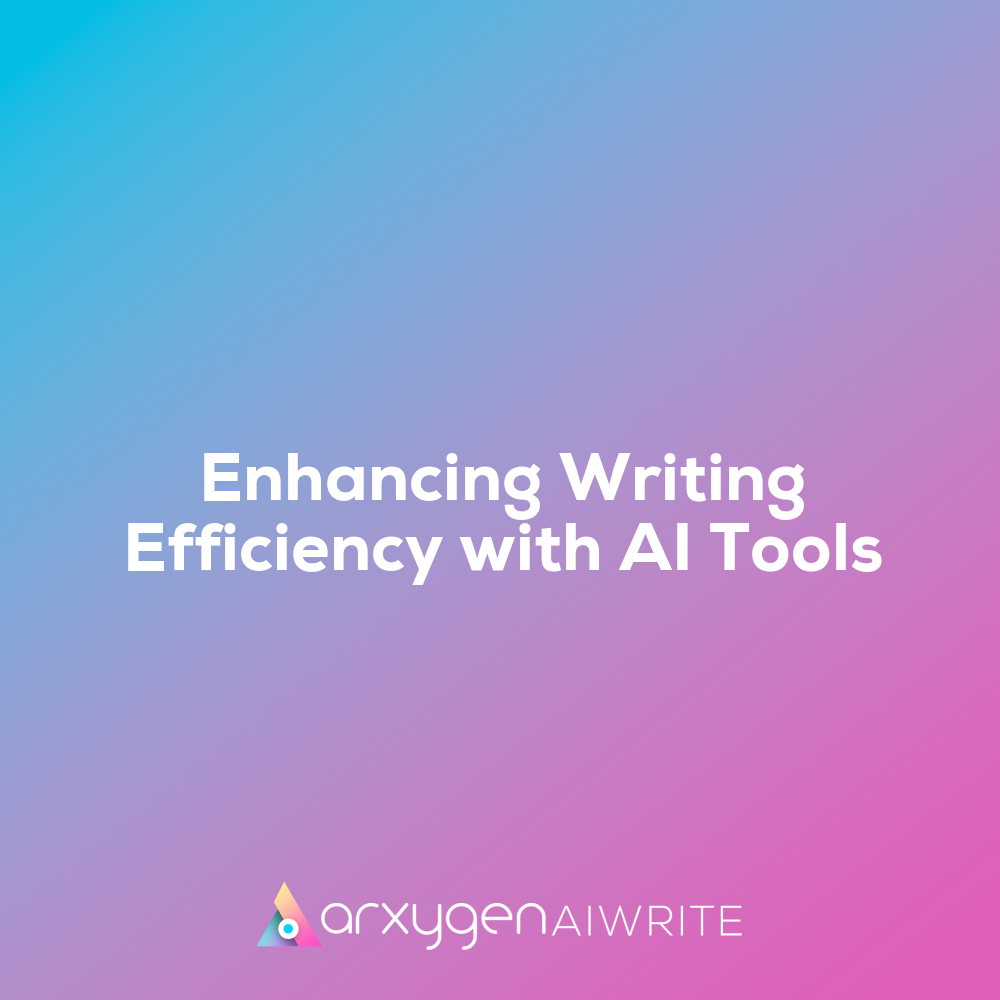How Can AI Make Writing Easier for You?
A myriad of AI tools are at your fingertips, each boasting unique features tailored to different types of writers. From novelists crafting intricate plots to marketers needing catchy taglines, there’s an AI tool designed to cater to your specific needs. For instance, some platforms offer grammar checks and style suggestions, while others can generate entire articles based on a few keywords. Imagine having a brainstorming partner that never runs out of ideas!
These tools not only help in generating content but also streamline the writing process significantly. By automating tasks like research and editing, they allow you to focus on what truly matters: your creativity. Picture this: instead of spending hours sifting through sources for information, an AI can quickly gather relevant data and present it in an organised manner. This means you can spend less time buried in research and more time developing your narrative or argument.
Transforming the Way You Write with AI Tools
Moreover, AI-driven editing software can provide instant feedback, highlighting grammatical errors and suggesting improvements as you write. This real-time assistance acts like a personal tutor, guiding you towards clearer and more engaging prose. And let’s not forget about the time saved during the editing phase; what once took days can now be accomplished in mere hours.
As more writers embrace these innovative technologies, the landscape of content creation is evolving rapidly. So whether you’re drafting a blog post or penning your next bestseller, leveraging AI tools can drastically enhance your efficiency. Why not explore what’s available at arxygen.com? You might just find the perfect assistant to elevate your writing game!
How AI Can Give Your Creativity a Boost
Writers often find themselves searching for inspiration, and that’s where AI comes into play. Imagine having a virtual brainstorming partner that can throw out fresh ideas and unique prompts at a moment’s notice. For instance, a novelist might input a few keywords and receive a list of intriguing plot twists or character backgrounds that they hadn’t considered before. It’s like opening a treasure chest of creativity right at your fingertips!
Many authors have embraced this technology, transforming their writing process into something more efficient and enjoyable. Take the example of a freelance writer who struggled with writer’s block; after integrating an AI tool into their routine, they found themselves generating article ideas in half the time. This not only helped them meet deadlines but also allowed for more time to refine their craft.
Moreover, AI can suggest alternative phrases or even help develop entire sections of text based on an initial idea. Writers from various genres have reported that these tools serve as a springboard for their imagination, sparking concepts that lead to richer storytelling. For instance, a poet experimenting with AI-generated lines discovered new rhythms and themes that enriched their work.
It’s worth noting that while AI can inspire, the human touch remains irreplaceable. The magic happens when writers blend their unique voice with the innovative suggestions offered by AI. In this collaborative dance between human creativity and artificial intelligence, productivity flourishes like never before.
Future Trends in Writing Technology: What’s on the Horizon?
Looking ahead, we can expect writing technology to evolve in exciting ways. For instance, tools that analyse your writing style could offer personalised suggestions, making each piece not just efficient but also uniquely yours. The rise of voice recognition software is also changing the game, allowing writers to dictate their thoughts fluidly without interrupting their flow. In this rapidly transforming landscape, both professionals and amateurs will find new avenues for storytelling and expression.
As we navigate this brave new world, it’s essential to keep an open mind about the possibilities. Perhaps one day we’ll see AI systems that not only assist with structure and grammar but also understand the nuances of humour and emotion in our writing. The question isn’t whether AI will change how we write; it’s how we can harness this technology to unlock deeper levels of creativity. By leveraging the strengths of both human insight and artificial intelligence, we could redefine what it means to be a writer in the digital age.

